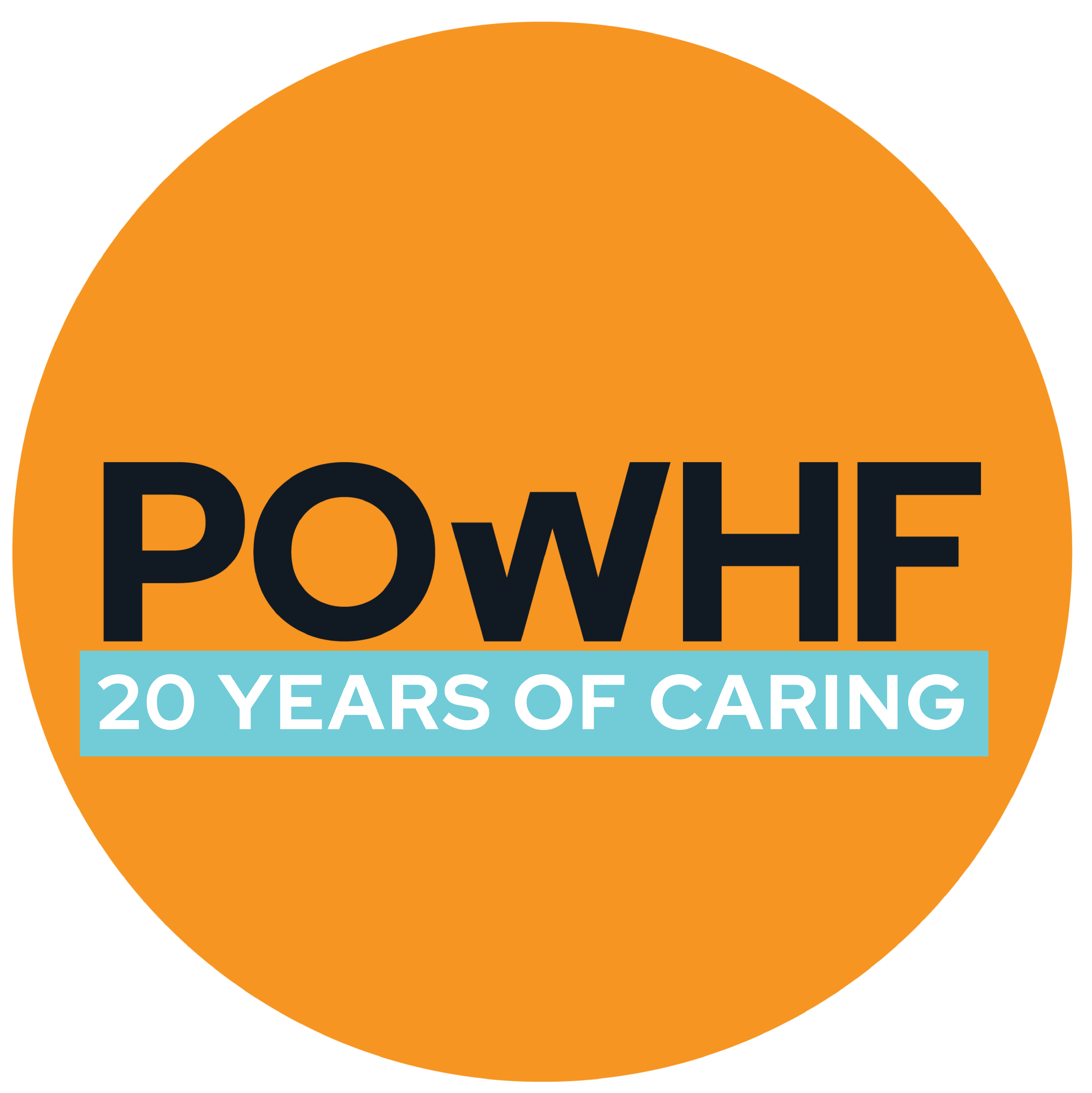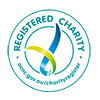In celebration of Speech Pathology week, we talked to 3 amazing speech pathologists at Prince of Wales Hospital. These people support patients in the hospital who have swallowing and communication problems including speech, voice or language difficulties.
1) Rachelle
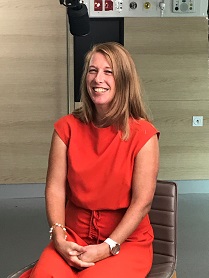
How long have you been a speech pathologist at Prince of Wales Hospital for?
I have been working as a speech pathologist in Head and Neck Cancer for the last 17 years.
What inspired you to work in the field?
I knew I was always going to work in a ‘helping’ profession. I found medicine, nursing and teaching all appealing in my latter school years, and then thought that Speech Pathology was a good compromise of all of these professions. I always thought I would work in private practice with my sister who is a speech pathologist and treat children with speech and language disorders. However, for most of my career, I have instead worked in public hospitals with adult patients! It is wonderful how life does not work out as planned, and I am very grateful and happy with the path I have taken as it has been so fun, rewarding and involved constant learning and growth.
Do you have a favourite memory/something that stands out from your work at Prince of Wales?
As a Head and Neck team, we decided to trial an initiative of placing the voice prosthesis in at the time of the total laryngectomy surgery so the patient wakes up from surgery with the ‘voice implant’ in situ vs inserting this weeks later. We then conducted research comparing the clinical and financial outcomes between our traditional method of delayed insertion to this earlier insertion time. We then translated that research into our everyday clinical practice with these type of patients with favourable results. It was such a team effort from start to finish, and we will continue to tweak that and many other practices to optimise the patients’ outcomes. Implementation of initiatives like this are so intrinsically motivating for me as a clinician and researcher.
How do you try and implement the theme of “communication is everyone’s right” in your practice?
I feel my role is to advocate for the patients’ rights to have the most optimal communication from the time the head and neck cancer is first presented, through their treatment and then post treatment in the ‘survivorship’ phase. We know that patients not only want to survive but they want a level of quality of life where the future feels worth living for after the treatment. Unfortunately, due to the nature of head and neck cancer treatment, the patient’s side effects may get worse over time which can impact on communication. Therefore, I hope to never stop representing the patient and “being their voice”, as well as utilising the research and our local clinical experience, and ensuring the patients’ goals are core to clinical decision making.
2) Peter
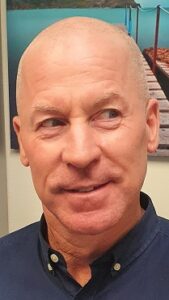
How long have you been a speech pathologist at Prince of Wales Hospital for?
I’ve been a Speech Pathologist at Prince of Wales Hospital for 18 years.
What inspired you to work in the field?
I love language, communication & voice.
Do you have a favourite memory/something that stands out from your work at Prince of Wales?
After setting up the coffee club in rehab, complete with industrial-grade coffee machine, I became better known as the barista. It’s always good to ‘multiskill’.
How do you try and implement the theme of “communication is everyone’s right” in your practice?
Many patients with stroke or brain injury often have difficulty communicating. Helping them improve their ability to communicate impacts on every facet of their life, every day. Communication is the feature that distinguishes us from every other species, so every human deserves to be able to communicate to the best of their ability.
3) Penny
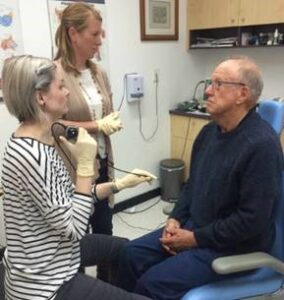
How long have you been a speech pathologist at Prince of Wales Hospital for?
I have worked at Prince of Wales Hospital for 7 years.
What inspired you to work in the field?
I think most people go into health-related fields because they want to work with people and help people, and I am no different. Speech Pathology is a career that has allowed me to travel and work interstate and overseas.
Do you have a favourite memory/something that stands out from your work at Prince of Wales?
There isn’t one specific event that comes to mind. Most days there are little things that can stand out. The first time a patient speaks with a tracheostomy and can call their family is pretty special.
What are your top tips on communication during lockdown?
Communication and staying connected is even more important now in lockdown, for us all individually but also for our patients. I can’t imagine having a loved one in hospital and being unable to visit/sit at their bedside. To facilitate that connection for our patients and their family via facetime or a phone call so they can stay connected would be my tip.

